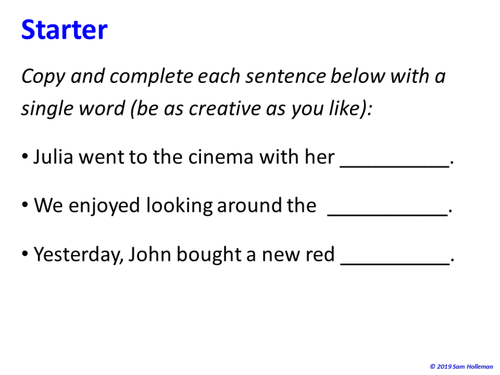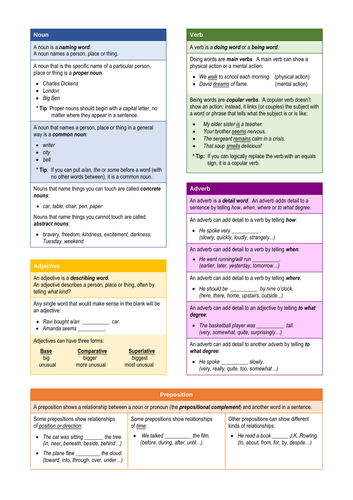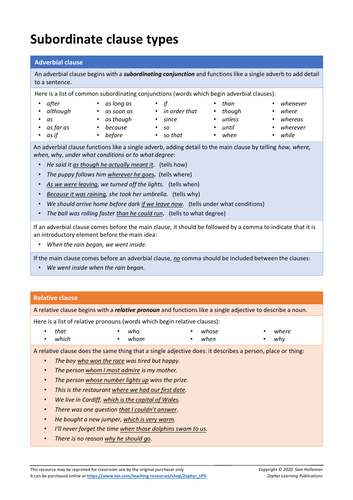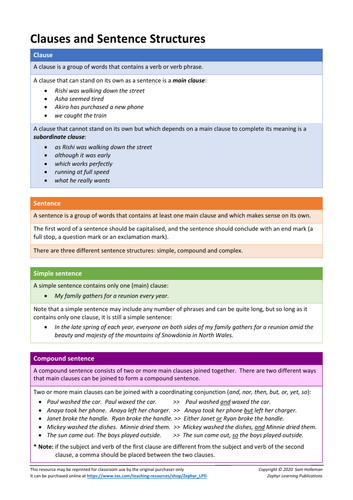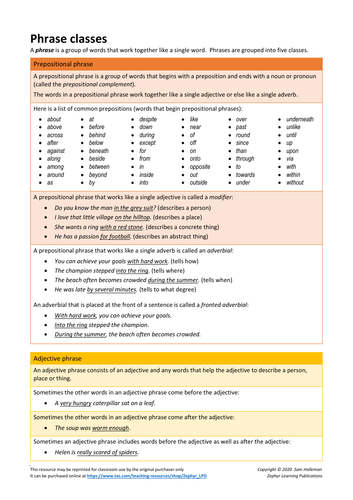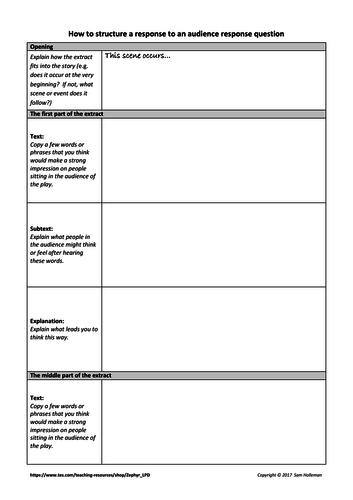Zephyr Learning - English and General Literacy Shop
I hold an MA in literature and a CELTA in language, and over the last 20 years I've taught language and literature in the UK and USA as well as ESOL in France and Tanzania. In addition to my work as a teacher, I am the Literacy and Grammar Consultant for Zephyr Learning and Professional Development. These resources have been refined in my own classroom and are the same ones I reference in my CPD sessions for teachers, priced so complete lessons cost the same as a cup of coffee.





